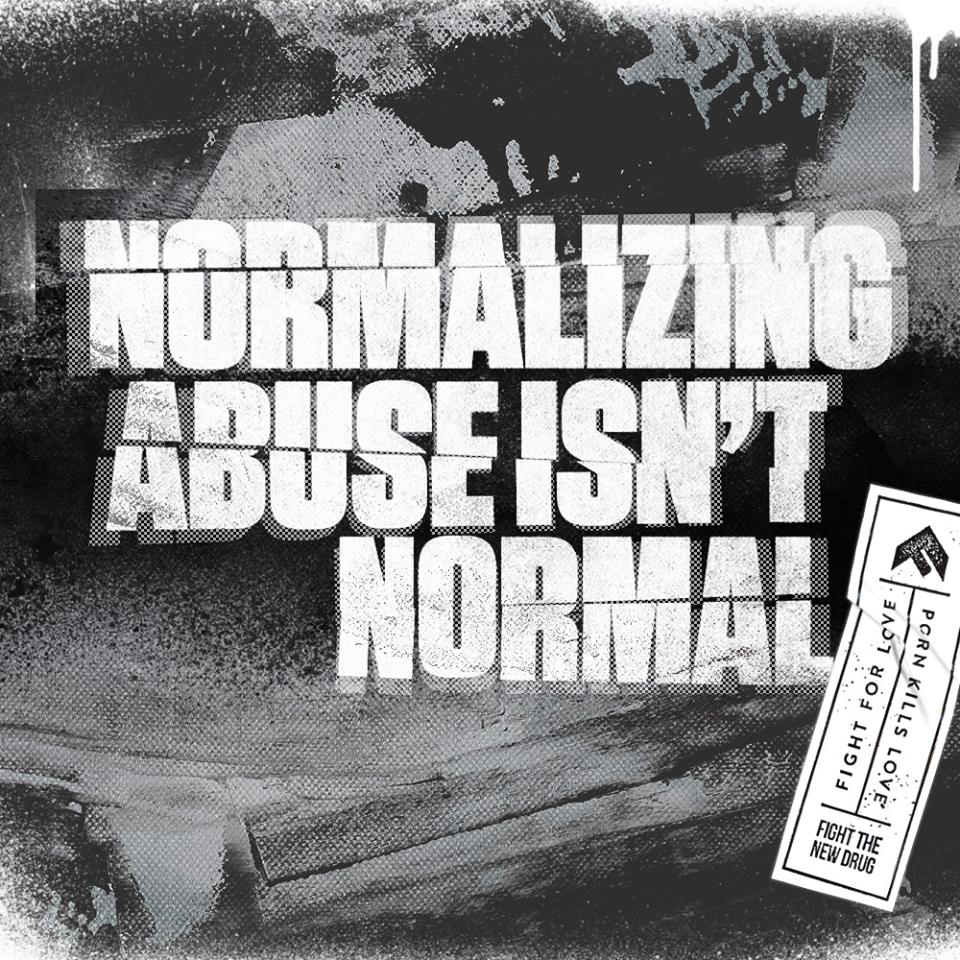Cover photo credit to Liverpool ECHO. 5 minute read.
After his girlfriend of six years ended their relationship, Garry Harrington-Walsh, 31, posted their sex tape on Pornhub and sent nude photos of her to the school in the Middle East where she was employed.
The couple met on a school trip in the UK, where she was a teacher and Harrington-Walsh a driver. Later on, there were signs the relationship was not going well. In 2016, the police issued Harrington-Walsh with a harassment warning. This triggered the woman to move abroad.
Unfortunately, the relationship did not end there.
A jilted ex
The woman reportedly changed her phone number to prevent Harrington-Walsh from continuously calling, and blocked him on social media. Despite her efforts, he created at least ten different Facebook profiles in an attempt to resume contact.
In 2018, the teacher agreed to speak with her ex again on account of him saying he was considering self-harm. Last summer, the woman made another attempt to cut off all contact with Harrington-Walsh and received threats in return:
“I will send every nude and rude picture and video to your school. That will make all your male pupils happy. I will put your sex tapes on the internet and send [them] to your school.”
Soon after, the headteacher received three sexually explicit images of the teacher via an anonymous email signed, “a concerned citizen.” Pornography is illegal in the Middle East, and so the teacher was suspended from work for a day, but after an investigation, it was concluded the act was malicious.
Remembering that Harrington-Walsh mentioned posting a sex tape, the victim searched Pornhub and found a picture of herself with the tag “teacher.” She continued to search for other content uploaded by the same user and found additional photos of herself plus one video.
While the sex tape was originally filmed with the teacher’s consent, Harrington-Walsh uploaded it to Pornhub without her permission. By the time she found it, the video had been viewed over 1,000 times.
The woman reported her abuse and later told the court:
“I felt beyond violated. His actions put me in an extremely vulnerable position emotionally, physically, and commercially. Having your body and personal space exposed publicly against your wishes, without your knowledge or consent, is a violation I will now have to carry with me for the rest of my life… I feel beyond humiliated. I now have a deep distrust of others and cannot imagine trusting someone again.”
Harrington-Walsh pleaded guilty to sending a malicious communication, harassment and three offenses of revenge porn. He was sentenced to eight months in prison, suspended for two years, and given a ten-year restraining order banning him from contacting his ex-girlfriend.
As heartbreaking as this story is, it has bigger implications on the ease of posting nonconsensual content to porn sites.
Call it what it is: revenge porn
Tragically, we have heard this story before, and you probably have too. Revenge porn burst onto the scene and into our news feeds as early as 2010 and since then has been added to the legislature in 43 US states and several countries, including the UK where the Harrington-Walsh case was prosecuted.
The Cyberbullying Research Center defines revenge porn as “the act of distributing intimate photography through different means without the individual’s consent. While revenge is not always the motivating factor, this act seems to be increasingly utilized by the perpetrator as retaliation for romantic relationships going south, and is becoming more and more prominent with the growing popularity of sexting.”
Related: AI Tools Are Making It Possible To Create Fake Porn Videos Of Almost Anyone
In the case of Harrington-Walsh, it seems clear his motivations were revenge. What is not clear is why it took the victim finding her revenge porn for there to be justice. What part do the tube sites, like Pornhub, play in curbing the spread of nonconsensual content?
The role of porn sites
Porn tube sites modeled after Youtube became popular in 2007. They’re known for amateur videos and the relative ease of posting and sharing videos. This aspect along with the enormous quantity of content on tube sites makes it incredibly difficult to identify revenge porn on the dozens of platforms.
Technically, Pornhub—one of the internet’s largest free porn sites—does not allow revenge porn. In 2015, the site created a submissions page for victims to report revenge porn, and Pornhub has reportedly responded positively to victims and removed their abusive content.
Certainly, the problem does not end there. When one site takes down revenge porn, that is a huge step forward. But often, the content has spread to other porn and revenge porn sites. Carrie Goldberg, an attorney focusing on revenge porn and internet privacy, put it this way:
“Some of the most pernicious content I’ve seen are ones that went viral on Pornhub. It migrates through the internet. We then have a whack-a-mole problem.”
While tube sites may make it easier to report revenge porn, they certainly are not helping with prevention. There is an entire category on Pornhub tagged as “revenge porn,” where consumers can view the latest actual abuse or fantasized abuse.
Not all of these videos are real revenge porn, although almost certainly some are—the above story proves that fact. While it’s a good thing no real victims were harmed in the fake revenge porn videos, they are still problematic in the way they normalize it and feed cultural appetite for real revenge porn and nonconsensual sex. How can we expect to rid our society of revenge porn when it is glamorized and seen as prime sexual entertainment in this way?
In the Harrington-Walsh case, he didn’t label his ex-girlfriend’s images as “revenge porn.” He tagged “teacher.” This again proves that it is nearly impossible for consumers to know that what they are watching is consensual. In that sex tape which was filmed consensually, there would be no indication it was shared without permission.
Revenge porn is yet another example of the destructive nature of porn. It desensitizes consumers to the point that the lives of people they once, and often still claim to, love are destroyed with the resistance of only a few clicks.

Your Support Matters Now More Than Ever
Most kids today are exposed to porn by the age of 12. By the time they’re teenagers, 75% of boys and 70% of girls have already viewed itRobb, M.B., & Mann, S. (2023). Teens and pornography. San Francisco, CA: Common Sense.Copy —often before they’ve had a single healthy conversation about it.
Even more concerning: over half of boys and nearly 40% of girls believe porn is a realistic depiction of sexMartellozzo, E., Monaghan, A., Adler, J. R., Davidson, J., Leyva, R., & Horvath, M. A. H. (2016). “I wasn’t sure it was normal to watch it”: A quantitative and qualitative examination of the impact of online pornography on the values, attitudes, beliefs and behaviours of children and young people. Middlesex University, NSPCC, & Office of the Children’s Commissioner.Copy . And among teens who have seen porn, more than 79% of teens use it to learn how to have sexRobb, M.B., & Mann, S. (2023). Teens and pornography. San Francisco, CA: Common Sense.Copy . That means millions of young people are getting sex ed from violent, degrading content, which becomes their baseline understanding of intimacy. Out of the most popular porn, 33%-88% of videos contain physical aggression and nonconsensual violence-related themesFritz, N., Malic, V., Paul, B., & Zhou, Y. (2020). A descriptive analysis of the types, targets, and relative frequency of aggression in mainstream pornography. Archives of Sexual Behavior, 49(8), 3041-3053. doi:10.1007/s10508-020-01773-0Copy Bridges et al., 2010, “Aggression and Sexual Behavior in Best-Selling Pornography Videos: A Content Analysis,” Violence Against Women.Copy .
From increasing rates of loneliness, depression, and self-doubt, to distorted views of sex, reduced relationship satisfaction, and riskier sexual behavior among teens, porn is impacting individuals, relationships, and society worldwideFight the New Drug. (2024, May). Get the Facts (Series of web articles). Fight the New Drug.Copy .
This is why Fight the New Drug exists—but we can’t do it without you.
Your donation directly fuels the creation of new educational resources, including our awareness-raising videos, podcasts, research-driven articles, engaging school presentations, and digital tools that reach youth where they are: online and in school. It equips individuals, parents, educators, and youth with trustworthy resources to start the conversation.
Will you join us? We’re grateful for whatever you can give—but a recurring donation makes the biggest difference. Every dollar directly supports our vital work, and every individual we reach decreases sexual exploitation. Let’s fight for real love:



